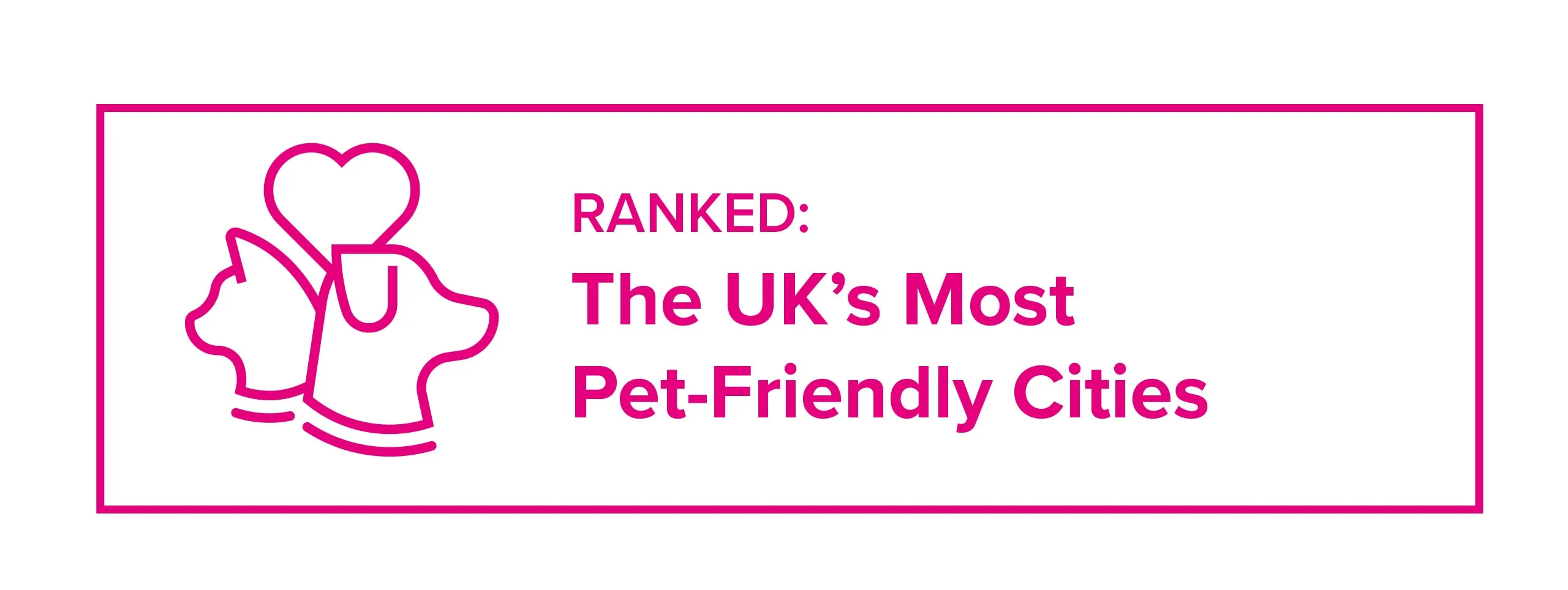How Much Disposable Income Do Brits Have?

There has been a 45% increase in people reporting they have no disposable income compared to before the pandemic. Nearly one in five people currently have no disposable income – a number bound to increase given the Bank of England’s interest rate hike to 1.75%.
With inflation set to hit 13% and the country racing towards a recession, our spending habits and the way we shop has changed, with many saving their money to ride the waves of economic uncertainty.
What Is Disposable Income?
Disposable income is what remains of our money after tax and national insurance charges. This money is available to be spent or saved as we desire.
However, with the cost of living increasing and recession looming, the average disposable income in the UK is decreasing too. When asked what their biggest deterrent was when spending their savings on what they want, 28% people said it was because of the price of goods and services rising and 27% said it was because of higher taxes and bills. Only 12% said it was due to a lack of savings in the first place.
This tells us that the cost of living is deterring people from spending their savings on what they want: 30% of people are having to spend their savings to meet higher costs of living due to a lower amount of disposable income.
Where Are We Spending Our Money?
With the cost of living at an all-time high, 37% of people are swapping products they previously bought for low-cost alternatives when grocery shopping. This is just a small peek into how spending habits are changing.
A further 67% of people have reduced the amount they spend on clothes, and following close to this, 65% are cutting back on eating out, and a shocking 51% of people are spending less of their disposable income on weekly groceries. The way we spend has become riddled with caution.
This varies across age groups, too. Gen Z and Millennials use little of their disposable income on alcoholic drinks and tobacco, preferring to spend their money on food, non-alcoholic drinks, recreation and going out. Meanwhile, older generations save money by not spending on clothing and footwear, eating out or going on holiday.
Generational spending trends: average weekly expenditure on different items by age group
| Under 30s | Ages 30 to 49 | Ages 50 to 64 | Ages 65 to 74 | Ages 75+ | |
| Food & non-alcoholic drinks | £54.10 | £79.00 | £74.50 | £61.80 | £52.30 |
| Alcoholic drinks & tobacco | £10.00 | £12.30 | £18.70 | £16.20 | £9.40 |
| Clothing & footwear | £12.70 | £19.20 | £15.80 | £9.40 | £6.80 |
| Household goods & services | £26.50 | £39.40 | £38.10 | £31.60 | £23.30 |
| Recreation & culture | £30.20 | £52.20 | £52.90 | £45.60 | £23.90 |
| Restaurants & hotels | £17.60 | £23.50 | £21.30 | £12.10 | £6.80 |
Source: https://www.ons.gov.uk/peoplepopulationandcommunity/personalandhouseholdfinances/expenditure
Millennial & Gen Z spending habits are changing
Back during lockdown, Millennials and Gen Z utilised their time for self-improvement on both a personal and professional level. Between a quarter and a third claimed to have built healthier habits as well as decluttering (and selling possessions they no longer needed) and improving their finances. The lack of experiences available to them as consumers meant a complete change in spending habits, while some took the opportunity to move out of city centres during the pandemic.
Fast forward to 2022, and there’s a stronger appetite for heading out and enjoying those experiences again from Millennials and Gen Z. Almost half of this age group expected to eat out at restaurants, attend events and visit concerts more often than before the pandemic. They also looked to travel as much as they did pre-pandemic.
However, it’s not all positive news on disposable income after lockdown for this group of adults. Millennials and Gen Z alike both feel less hopeful about their own future financial situation.
Mortgage repayments have soared 20% since January 2022, and they’re set to increase further
House prices have continued to rise in the UK, with the average house price increasing by almost 10% from May 2021 to May 2022. According to the House Price Index, the UK average house price for March 2022 was £278,000 — a record high level, meaning that a 20% deposit on the open market would work out at an eye-watering £55,600.
In addition, the interest rate increase to 1.75% will make mortgages even more costly. The 1.1 million Brits on a standard variable rate (SVR) mortgage will see their repayments immediately increase. Meanwhile, the lowest fixed rate mortgage available for new borrowers is 3.46% — a whole 2% higher than at the start of the year.
The combination of property price increases and expensive mortgage repayments will leave the average first time buyer paying £1,030 per month on their first home.
How to get on the property ladder during the cost of living increases
Home-buying schemes such as Shared Ownership and Help to Buy can assist purchasers who are struggling to get on the property ladder by offering alternative routes to homeownership.
“In stark contrast, saving to buy a Shared Ownership home can prove to be much more achievable for first-time buyers. For example, if a couple can put aside £400 a month, then they could save for a deposit in a third of the time needed for a deposit on the open market.”
– Nick Lieb, Head of Operations at Share to Buy
How to Save Money: Basic Ways to Boost Your Savings
- Track spending and set goals: If you want to start budgeting and keeping a closer eye on your spending habits, try keeping a list of debt and savings targets in your wallet to stay on track with a planned budget for the month. This is a good way to see how much you really spend on entertainment, travel and more.
- Stick to a list: One of the simplest money-saving tips is to decide what to prioritise by creating a list before you go shopping. The trick is to stick to it to avoid impulse purchases like chocolate or clothes.
- Prioritise spending: From health and beauty to takeaways and tech, prioritise spending habits from highest to lowest across each major category, and see where you can cut down. Try to spend money across just one of the categories each month.
- Create a waiting list: Help to reduce impulse spending and increase disposable income savings by creating a two-week waiting list for bigger purchases to see if they really are worth the spend.
- Use technology: Finance apps like Money Dashboard can help you stay one step ahead of your finances by tracking how much you save and spend.
- Recheck all your subscriptions: Stop wasting your disposable income through unused gym memberships, magazines, TV channels and more. Do an audit of every group or service you belong to and cut everything you no longer engage with by using a helpful app like Emma.
- Set short-term goals: Alter your spending habits by creating specific goals you can work towards, like cutting your entertainment budget from £300 a month to £200. If you’re looking to step onto the property ladder, use Share to Buy’s mortgage comparison tool to discover what kind of mortgage you’re likely to be able to afford to begin setting your goal. Whether you fall into the average disposable income in the UK or not, any amount of savings is a good start!
Discover more about how Shared Ownership is helping first time buyers put their disposable income to good use by getting onto the property ladder with a reduced deposit.
References

